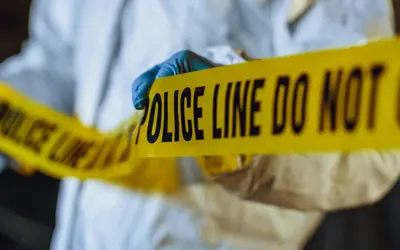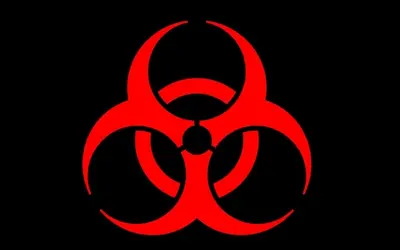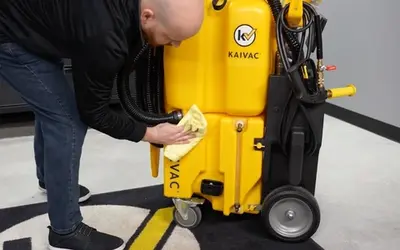The Challenges of Crime Scene Cleanup

Janitorial professionals see and clean it all. However, a janitor’s worst horror stories sound like an easy Tuesday to crime scene cleaning professionals. These brave souls enter scenes of horrible devastation and return them to their original state. To prepare for this, their training teaches them to remove, transport, and dispose of blood and body tissues. They work on call, ready to respond at any time. Mostly, they walk a fine line between compassion for their clients and a healthy detachment that lets them get the job done.
Crime scene cleaning, also known as crime and trauma scene decontamination (CTS decon), creates a larger industry than you might expect. Surprisingly, IBIS World estimates that the nation’s 612 businesses pull in $358 million in annual revenue. Often, insurance companies or victims’ funds pay for most of the services.
Scenes That Must be Cleaned
Crime scene cleaning happens after the police have gathered all of their evidence and the coroner has left with the body. In the case of a violent death, there may be quite a bit of blood and tissue dispersed throughout the scene. These cleanup crews receive special training in biohazardous material treatment. For example, fluids and tissues may contain dangerous pathogens, according to an OSHA standard interpretation.
Not all calls to a CTS decon specialist require crime scene cleaning. Often, they clean up after an unattended death — a person who dies alone and is discovered some time later. This situation brings a different set of cleaning challenges, revolving around insect and odor removal. CTS decon specialists also clean up methamphetamine labs. The poisons used to make methamphetamine permeate everything porous and can cause blindness and lung, liver, and kidney damage, according to the EPA.
Crime Scene Cleaning Professionals
A CTS decon specialist works to return the scene back to its original state. This hard, physical work can take anywhere from 10 hours to two days, according to the Atlantic. Above all, thoroughness marks a good CTS decon specialist. Removing every last bit of contamination requires patience and knowledge. While OSHA gives some guidance, the American Bio-Recovery Association provides training and certification.
The job of CTS decon specialists attracts many former EMTs, nurses, firefighters or people from the construction industry. Specialists must be physically fit, immunized against hepatitis B, and trained in bloodborne pathogens. Additionally, these specialists provide care, sensitivity, and privacy to their clients while restoring a scene to its original state.
Kaivac No-Touch Cleaning systems effectively address crime scene cleaning while protecting the operator from exposure. Contact us for a demo.
Related Posts

A Guide to Crime Scene Cleaning
Read more
Biohazard Cleaning: How to Clean Crime Scenes, Meth Labs and More
Read more
Preventive Maintenance for Your No-Touch Cleaning® System
Your Kaivac No-Touch Cleaning system makes restroom maintenance fast and easy. Keeping your No-Touch Cleaning system in good working order is also fast and easy. Kaivac makes performing preventative maintenance and troubleshooting potential issues simple. No special equipment or technical expertise required.
Read more